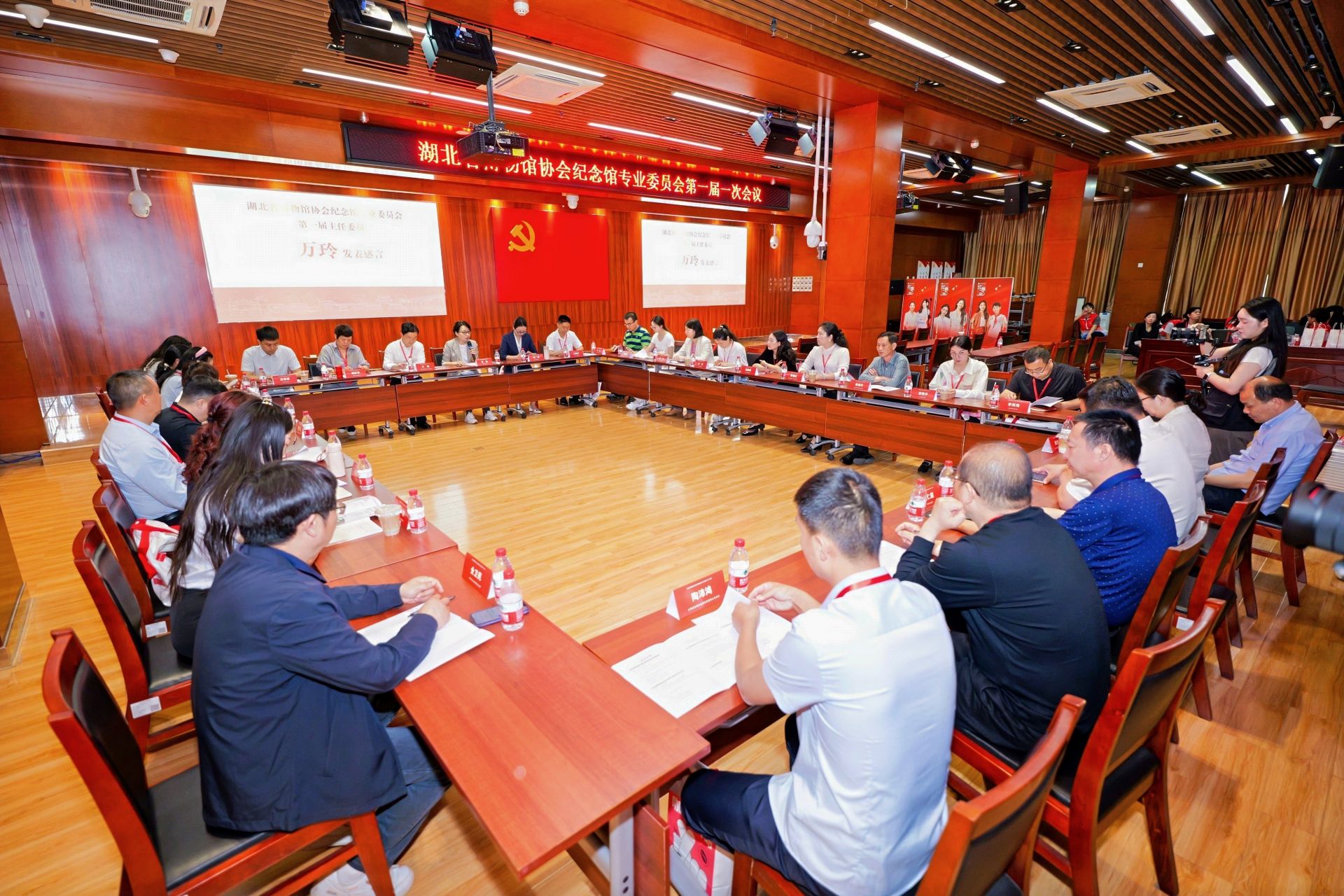US can't reverse re

Shi Yu/China Daily。
The world is watching closely as the United States and China engage in high-stakes bilateral trade negotiations. While the immediate outcomes may be modest tariff adjustments or managed market access in selected sectors, those can be best understood as tactical responses to deeper structural tensions rather than strategic breakthroughs. The broader implications for global trade lie not in the specifics of such negotiations but in the shifts they signify: away from multilateralism and US dollar hegemony, and toward a new, multipolar global trade architecture.。
At the heart of the current tensions is the US' growing anxiety over its relative decentering. Having enjoyed more than three decades of the unrivalled global hegemony since the end of the Cold War, the US now finds itself challenged by China's rising technological prowess, industrial scale and global integration. Under the Donald Trump administration, the US' anxiety has transformed into an explicitly transactional, bilateral trade posture.。
The US has been increasingly dismissing multilateral institutions — for long the instruments through which Washington shaped global norms and gained geopolitical advantage — in favor of "deal-making" with individual countries, and projected this bilateralism, steeped in zero-sum logic, as strength. By doing so, it has exposed its strategic incoherence.。
For example, through its trade policy, the US administration tried to simultaneously increase domestic manufacturing output — by penalizing imports — and maintain the dollar's status as the global reserve currency. These goals are not easily reconciled. A strong global reserve currency fuels persistent trade deficits. Penalizing imports through tariffs does disrupt this dynamic but not without costs. If the US were to genuinely reindustrialize at scale, it would need to import huge volumes of capital goods and intermediate inputs, exacerbating the very trade deficit it seeks to narrow. The paradox is that narrowing the trade deficit would first require widening it.。
The alternative is simply to reduce overall aggregate demand in the economy by slashing public expenditure. That doesn't look like happening.。
More fundamentally, the hollowing out of US manufacturing was never principally a result of trade agreements. It was a symptom of a deeper reorientation of US capital. Over the past four decades, US capital has been progressively reallocated from industrial production to financial engineering, creating asset bubbles, stock buybacks and speculative real estate investment. Wall Street flourished as "Main Street" faded. The share of GDP derived from financial services soared, while fixed capital formation in manufacturing stagnated. Reversing this trend would require reducing the political and institutional power of finance, an unpalatable proposition for any administration.。
Yet the US still manufactures products such as high-end equipment and advanced electronics, and develops or advances technologies like aerospace technology and military technology. But their production is capital-intensive, not labor-intensive, and they don't fill the physical or emotional void created by the offshoring of everyday consumer goods manufacturing that began in the 1970s. The sense of economic alienation among broad swathes of the American working class is as much cultural as it is economic. Tariffs may meet some symbolic need for control or retribution, but they cannot restore the industrial base to its past state.。
Also, the rest of the world is adapting to the US' contradictions. The weaponization of the dollar, through sanctions and arbitrary financial restrictions, has catalyzed a slow but deliberate move toward alternatives. Some emerging economies are accelerating trade settlements in their national currencies and exploring alternative clearing mechanisms. ASEAN member states, on the other hand, are reducing their reliance on the dollar in regional trade, particularly with China, Japan and the Republic of Korea.。
Even the oil-rich Gulf Cooperation Council member states are diversifying their trade currency strategies. The demand for the dollar as a trade settlement medium is gradually diminishing, which the European Central Bank sees as an opportunity for the euro to play a more prominent role in global trade. This fragmentation is not a retreat from but a reconfiguration of globalization.。
The new globalization that is emerging is multipolar in character, regional in structure and decentralized in operations. Institutions such as the World Trade Organization will likely persist, offering an overarching framework for administrative and policy guidance. But much of the practical work of trade governance — harmonization of standards, digital commerce rules and investment arbitration — will occur in regional and bilateral forums. In this regard, the US-China negotiations are not anomalous but emblematic.。
For many countries, especially in the Global South, the US' retreat from multilateralism poses risks but also creates new space. The growing importance of South-South trade, supported by new infrastructure financing and currency swap arrangements, is reducing the Global South's dependence on Western markets and institutions, with the Belt and Road Initiative creating corridors of trade and production that bypass traditional Western trade bottlenecks.。
The US remains a major consumer market, responsible for about 14 percent of global imports. But its share in the global economy is declining, reflecting both its waning economic clout and the diversification of global demand. For exporters, aligning with the new regional poles of growth — in East Asia, South Asia and parts of Africa — will become increasingly important. And supply chains will be restructured to hedge against geopolitical volatility, balancing proximity, cost and political risk.。
The Sino-US trade tango should not be seen as the primary determinant of the future of global trade. Rather, it is a mirror of the broader historical shift: from unipolarism to multipolarism, from dollar dominance to currency diversification, from multilateralism to mosaic regionalism. The world isn't de-globalizing; it is re-globalizing on new terms and under new rules.。
The author is an adviser to former Australian prime minister Kevin Rudd, adjunct professor at Queensland University of Technology and a senior research fellow at Taihe Institute.。
The views don't necessarily reflect those of China Daily.。
(责任编辑:综合)
-
 .。荆楚网湖北日报网)讯记者 叶辉 通讯员 刘宇洁 刘翔)4月11 日,湖北省博物馆协会纪念馆专业委员会建立大会在武汉举行。湖北省文明和旅行厅博物馆与社会文物处处长卢申涛、武汉市文明和旅行局博物馆处处
...[详细]
.。荆楚网湖北日报网)讯记者 叶辉 通讯员 刘宇洁 刘翔)4月11 日,湖北省博物馆协会纪念馆专业委员会建立大会在武汉举行。湖北省文明和旅行厅博物馆与社会文物处处长卢申涛、武汉市文明和旅行局博物馆处处
...[详细]
-
2025年全国春灌总面积约4.3亿亩 水网建造保农作物灌溉 保粮食丰盈
 央视网音讯:水利部最新发布的数据显现,2025年全国春灌总面积约4.3亿亩,有力应对干旱,确保夏粮稳产丰登。眼下,河南正值夏种关键期,在豫北粮食主产区河南省新乡县,公民成功渠渠道里黄河水奔涌,麦收往后
...[详细]
央视网音讯:水利部最新发布的数据显现,2025年全国春灌总面积约4.3亿亩,有力应对干旱,确保夏粮稳产丰登。眼下,河南正值夏种关键期,在豫北粮食主产区河南省新乡县,公民成功渠渠道里黄河水奔涌,麦收往后
...[详细]
-
中信银行落地第一批“全国中小微企业资金流信誉信息同享渠道”普惠借款事务
 11月20日,在中国人民银行征信中心指导下,中信银行使用全国中小微企业资金流信誉信息同享渠道以下简称“资金流信息渠道”),经过普惠融资产品向深圳2家小微企业供给1000万元借款。这是中信银行使用该渠道
...[详细]
11月20日,在中国人民银行征信中心指导下,中信银行使用全国中小微企业资金流信誉信息同享渠道以下简称“资金流信息渠道”),经过普惠融资产品向深圳2家小微企业供给1000万元借款。这是中信银行使用该渠道
...[详细]
-
 近来,中信银行滁州分行为辖内某“小伟人”企业成功处理“科创e贷”无还本续贷事务,这是该行执行9月24日国家金融监督管理总局发布《关于做好续贷作业 提高小微企业金融服务水平的告诉》的有力行动。据悉,K公
...[详细]
近来,中信银行滁州分行为辖内某“小伟人”企业成功处理“科创e贷”无还本续贷事务,这是该行执行9月24日国家金融监督管理总局发布《关于做好续贷作业 提高小微企业金融服务水平的告诉》的有力行动。据悉,K公
...[详细]
-
 楚天都市报极目新闻讯记者陈希)武汉昨日16时气温29.7℃,体感温度30.9℃,有市民朋友现已开空调了。千万留意!劲风大雨、雷暴冰雹等今日午后来袭,气候形势非常杂乱,留意安全。武汉气象部门估量,11日
...[详细]
楚天都市报极目新闻讯记者陈希)武汉昨日16时气温29.7℃,体感温度30.9℃,有市民朋友现已开空调了。千万留意!劲风大雨、雷暴冰雹等今日午后来袭,气候形势非常杂乱,留意安全。武汉气象部门估量,11日
...[详细]
-
 新华社加拿大卡尔加里6月17日电记者林威)为期两天的七国集团峰会17日在距加拿大卡尔加里市约100公里的卡纳纳斯基斯村落下帷幕,与会领导人呼吁处理以色列和伊朗抵触,从而促进中东地区紧张形势降级。本次峰
...[详细]
新华社加拿大卡尔加里6月17日电记者林威)为期两天的七国集团峰会17日在距加拿大卡尔加里市约100公里的卡纳纳斯基斯村落下帷幕,与会领导人呼吁处理以色列和伊朗抵触,从而促进中东地区紧张形势降级。本次峰
...[详细]
-
 央视网音讯:记者从人力资源社会保障部了解到,第六届“百日千万招聘专项举动”6月17日发动。举动以“职引未来 筑梦芳华”为主题,方案在100天左右的时间里,选用线上线下相结合的方法,面向以高校结业生为要
...[详细]
央视网音讯:记者从人力资源社会保障部了解到,第六届“百日千万招聘专项举动”6月17日发动。举动以“职引未来 筑梦芳华”为主题,方案在100天左右的时间里,选用线上线下相结合的方法,面向以高校结业生为要
...[详细]
-
生机我国调研行|逐浪大潮!“千年古都”变身“人工智能榜首城”
 荟萃我国顶尖人工智能学者、研制组织以及数量最多的人工智能企业、人工智能大模型;孵化出我国榜首个千亿参数大模型、榜首个AI智能体、榜首家AI“独角兽”、榜首个智能机器人实验室……。北京,这座有着3000
...[详细]
荟萃我国顶尖人工智能学者、研制组织以及数量最多的人工智能企业、人工智能大模型;孵化出我国榜首个千亿参数大模型、榜首个AI智能体、榜首家AI“独角兽”、榜首个智能机器人实验室……。北京,这座有着3000
...[详细]
-
 新华社北京4月11日电。 题:一季度全国铁路建造有序推进 完结固定资产出资1312亿元。新华社记者樊曦。春日里,贵州安顺,黄百铁路新院地道施工现场,100余名来自中铁二十三局的建造者抢抓春季施工黄金期
...[详细]
新华社北京4月11日电。 题:一季度全国铁路建造有序推进 完结固定资产出资1312亿元。新华社记者樊曦。春日里,贵州安顺,黄百铁路新院地道施工现场,100余名来自中铁二十三局的建造者抢抓春季施工黄金期
...[详细]
-
 新华社加拿大卡尔加里6月17日电记者林威)为期两天的七国集团峰会17日在距加拿大卡尔加里市约100公里的卡纳纳斯基斯村落下帷幕,与会领导人呼吁处理以色列和伊朗抵触,从而促进中东地区紧张形势降级。本次峰
...[详细]
新华社加拿大卡尔加里6月17日电记者林威)为期两天的七国集团峰会17日在距加拿大卡尔加里市约100公里的卡纳纳斯基斯村落下帷幕,与会领导人呼吁处理以色列和伊朗抵触,从而促进中东地区紧张形势降级。本次峰
...[详细]

 “新耕具”为各地春耕春管按下“快进键” 期望的田野上“科技范”满满
“新耕具”为各地春耕春管按下“快进键” 期望的田野上“科技范”满满 工商银行马鞍山金家庄支行多措并重服务晚年客群
工商银行马鞍山金家庄支行多措并重服务晚年客群 传统也是时髦,技艺当随年代(新语)
传统也是时髦,技艺当随年代(新语) 与农时赛跑 湖北备足60亿元“及时雨”护航夏粮收买颗粒归仓
与农时赛跑 湖北备足60亿元“及时雨”护航夏粮收买颗粒归仓 荆门市东宝区牌楼镇:“同享菜园”为村庄复兴注入新生机
荆门市东宝区牌楼镇:“同享菜园”为村庄复兴注入新生机
